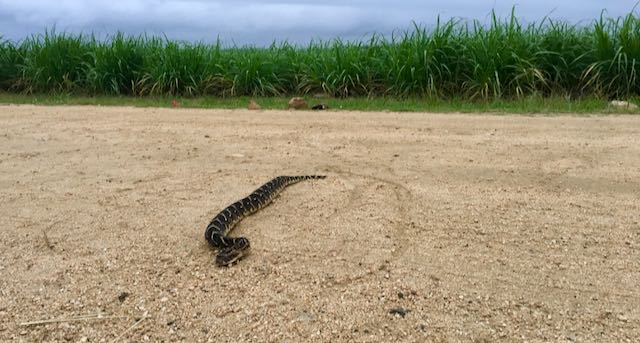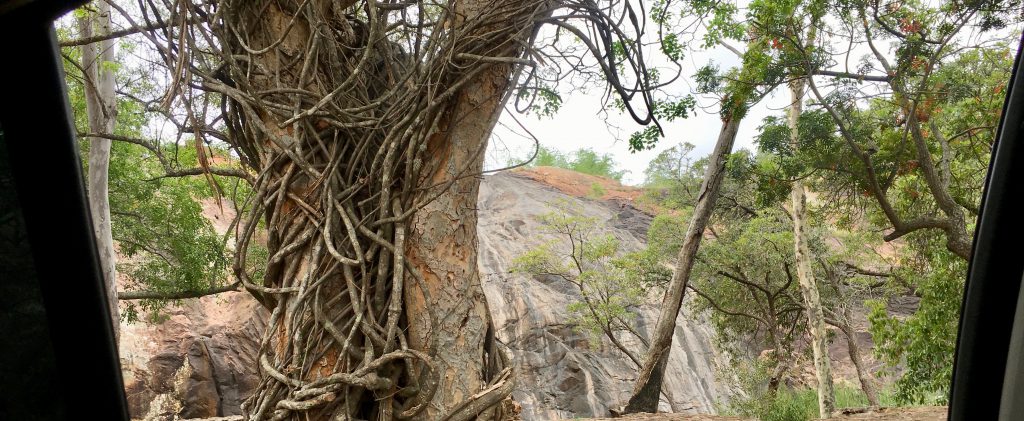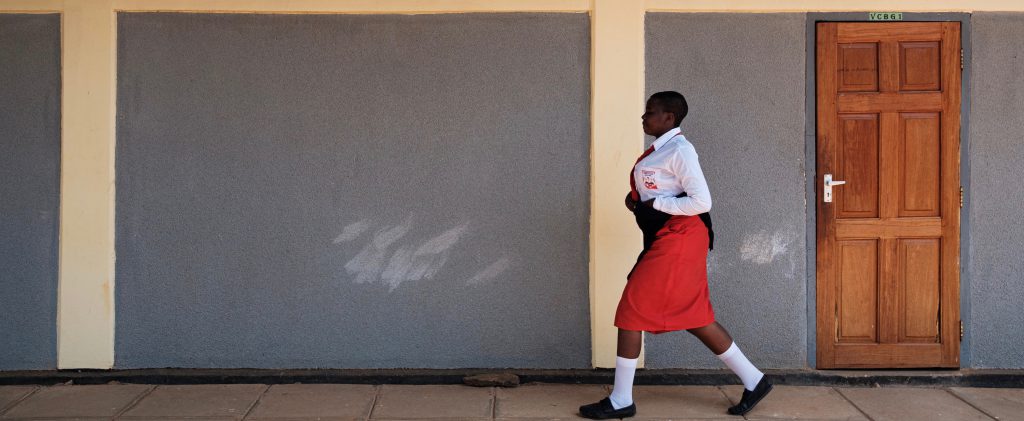Der Legende nach führte der Geist einer alten Frau das Volk der Ada an die Ufer der Songor-Lagune an Ghanas Atlantik-Küste. Bestimmt vom natürlichen saisonalen Rhythmus schenkte die Lagune den Ada seit Jahrhunderten kostbares Salz, mit dem sie in ganz Westafrika Handel trieben. Bis heute sind rund 60.000 Menschen für ihren Lebensunterhalt auf die Lagune angewiesen. Der Tradition nach waren die Lagune und ihre Schätze immer Gemeingut, verwaltet von den Clan-Chefs der umliegenden Dörfer.
Doch das Streben nach Profit einzelner und die Vernachlässigung von Traditionen und Bräuchen hat das Gleichgewicht der Lagune und seiner Bewohner aus dem Lot gebracht. Ein Streit ist losgebrochen, der Risse durch ganze Dörfer, Clans und Familien zieht und dazu geführt hat, dass den Ada nun ihre Lagune von einem außenstehenden Investor streitig gemacht wird.
Die Recherche wurde durch ein Gabriel-Grüner-Stipendium von der Agentur Zeitenspiegel ermöglicht.
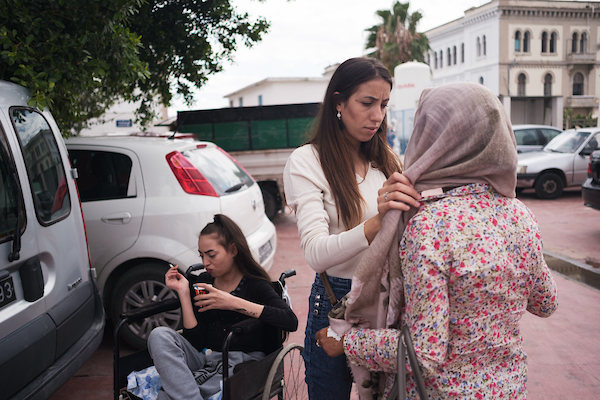
Deutsche Welle, World in Progress
Sickle cell disease is one of the world’s most common hereditary blood disorders. Each year, an estimated 300,000 children are born with it — the majority of them in Africa, but also in India, the Middle East and Mediterranean countries. Laura Salm-Reifferscheidt went to Tunisia to speak to a doctor who wants to make a difference in treating patients.
The reporting was funded by the European Journalism Centre via its Global Health Journalism Grant Programme for Germany.
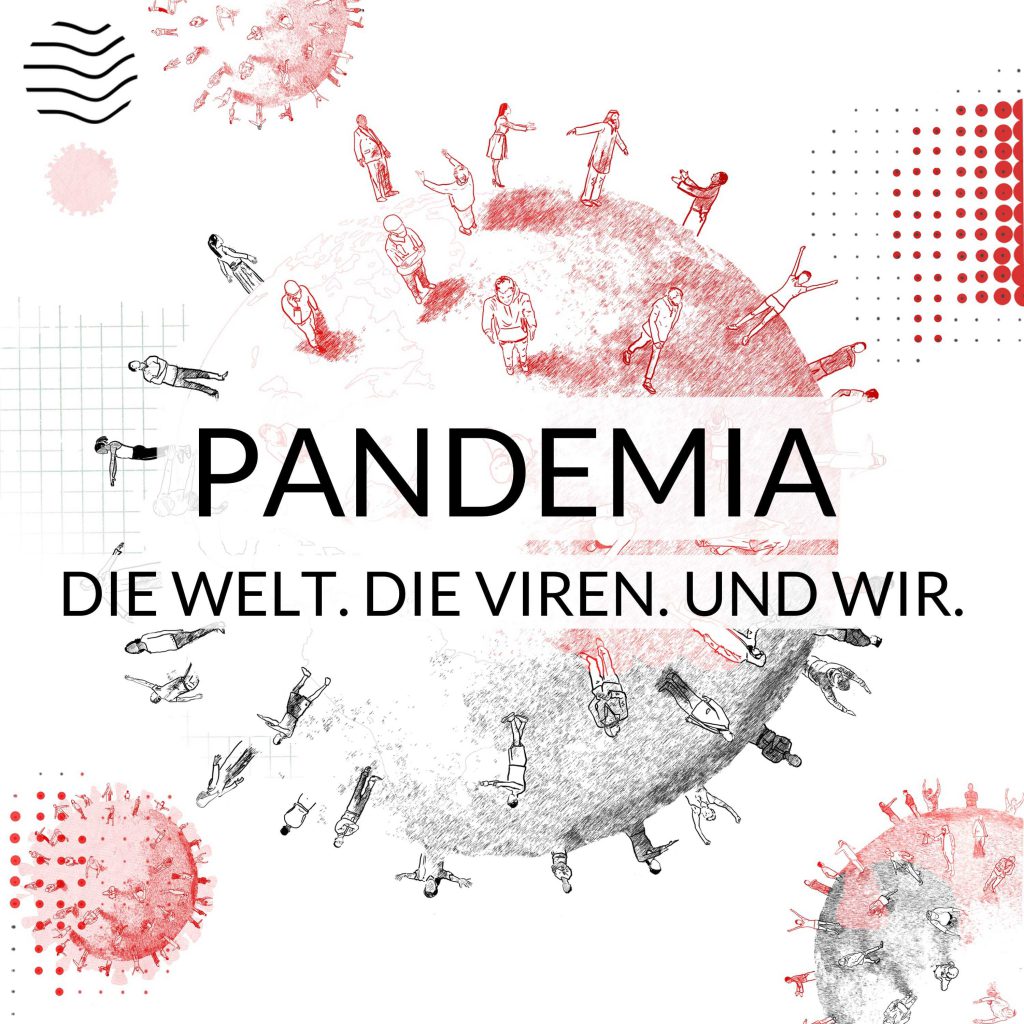
Neuer Podcast bei Viertausendhertz gestartet
Die Corona-Krise hat die Welt in kürzester Zeit in „Pandemia“ verwandelt: eine neue Realität zwingt die Menschheit sich mit der Bedrohung durch Infektionskrankheiten auseinanderzusetzen. Das Team aus Wissenschafts- und Gesellschaftsjournalisten begibt sich in diesem Podcast auf Reisen in verschiedene Länder und versucht zu ergründen, welche Lehren wir aus vorhergegangenen Seuchen und Krisen für unsere jetzige Lage ziehen können.
Viertausendhertz präsentiert Pandemia in Kooperation mit der Journalismusgenossenschaft Riffreporter.
Die Hosts:
Laura Salm-Reifferscheidt ist Print- und Radiojournalistin und befasst sich mit den gesellschaftlichen Perspektiven von Gesundheitsthemen in Afrika und Asien. Ihre Arbeiten erscheinen u.a. bei Deutschlandfunk Kultur, Ö1, The Lancet und Deutsche Welle.
Kai Kupferschmidt ist Wissenschaftsjournalist, Buchautor und hat Molekulare Biomedizin studiert. Er ist Korrespondent für Science und schreibt Reportagen und Hintergrundstücke für verschiedene Publikationen.
Nicolas Semak ist Journalist, Podcaster und Mitgründer von Viertausendhertz. Er entwickelt, produziert und moderiert seit vielen Jahren verschiedene Podcastformate.
Die Reportage/Deutschlandfunk Kultur
Schwarze Mamba in der Greifzange
Jedes Jahr sterben weltweit rund 140.000 Menschen an Schlangenbissen, viele Hunderttausend tragen bleibende Schäden davon. Eine mutige Frau im südlichen Afrika rettet Menschen vor Schlangen, aber auch Schlangen vor Menschen.
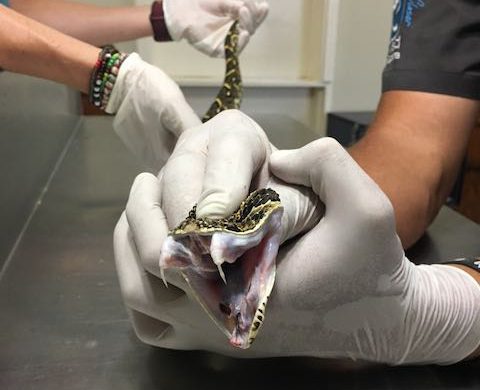
Deutsche Welle/World in Progress
Up to 140,000 people die from snakebites worldwide every year, another 400,000 are severely disabled. Most are poor people living in rural areas. But there are ways to reduce the risk. DW Reporter Laura Salm-Reifferscheidt traveled to E-Swatini in Southern Africa, to find out whether snakebite prevention and treatment efforts in the small kingdom might be an example for other countries.
Listen to the full report here!
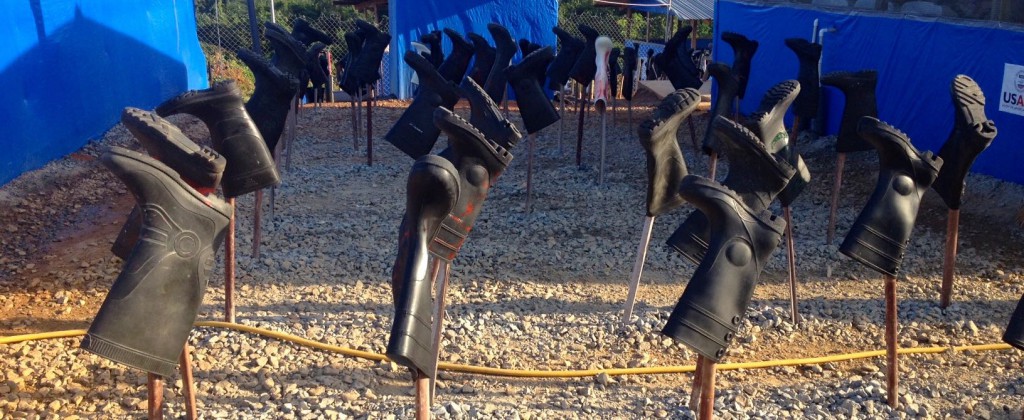
Liberia nach Ebola-Epidemie
Weltzeit/Deutschlandfunk Kultur
Seit 2016 gilt Ebola an Afrikas Westküste als besiegt. Rund 11.000 Menschen starben damals an dem Virus, besonders betroffen war Liberia. Vier Jahre später bleibt das Gesundheitssystem marode, der Wirtschaft geht es schlecht, die Helfer sind weg.
World in Progress/Deutsche Welle
More than 60 percent of those infected with HIV now receive regular antiretroviral treatment. But despite medical advancements, leading a healthy life with HIV can be very hard. World in Progress meets Minky Sithole, who fends for her family in a drought-stricken community in eSwatini and founded a self-help group for those infected with the virus.
World in Progress/Deutsche Welle
Half of the world’s population is not yet connected to the internet. Many are poor and live in places with bad infrastructure. A pilot project that’s been bringing the web to rural Tanzania might be an example of the way forward for other places as well. The reporting was supported by the Internet Society.
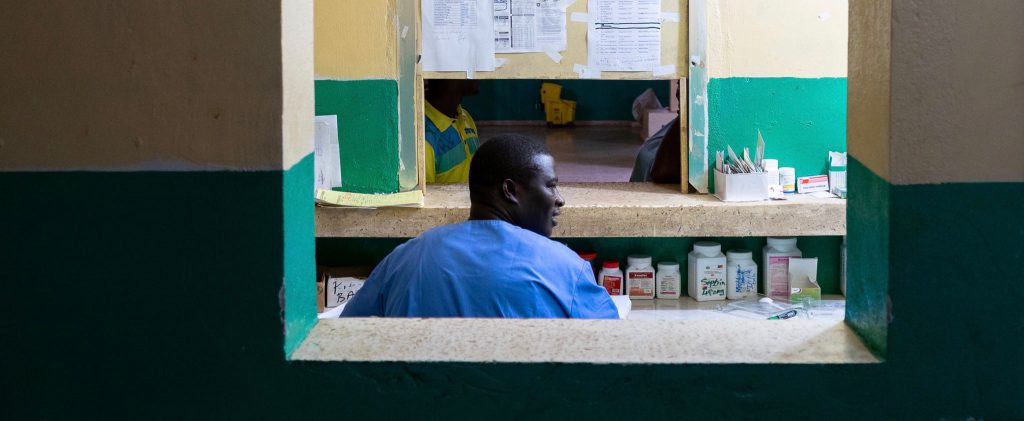
Deutsche Welle/World in Progress
Liberia was devastated by the Ebola epidemic that swept across West Africa in 2014-15. But more than four years after the end of the outbreak, the country’s health system is still struggling to get back on its feet. Many public hospitals are out of drugs, and some don’t even have basic essentials like surgical gloves.
Listen to the full report here!
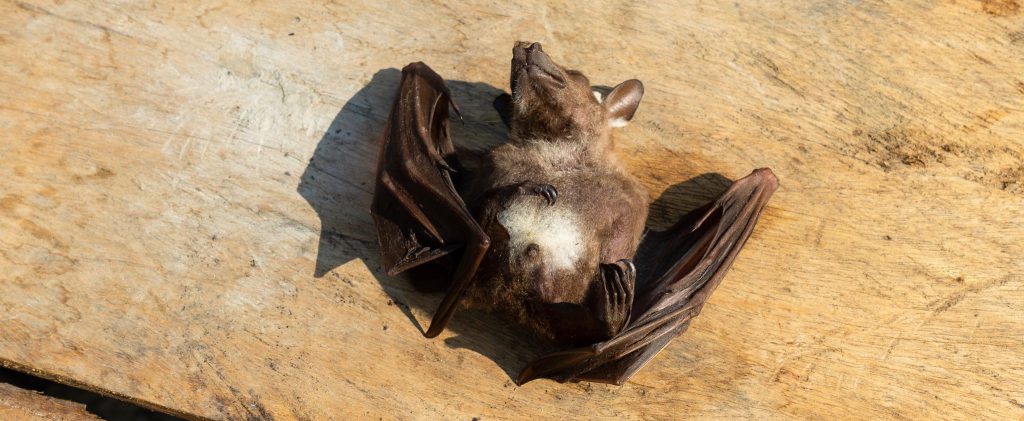
World in Progress/Deutsche Welle
In January, scientists announced that, for the first time, they had found a deadly strain of Ebola in a bat in Liberia. It’s a significant discovery that could shed light on how the virus infects humans. But in Liberia, where bushmeat is a major source of protein, it doesn’t appear to have weakened people’s appetites for bats. Laura Salm-Reifferscheidt reports from Gbarnga, Liberia.
impressum

